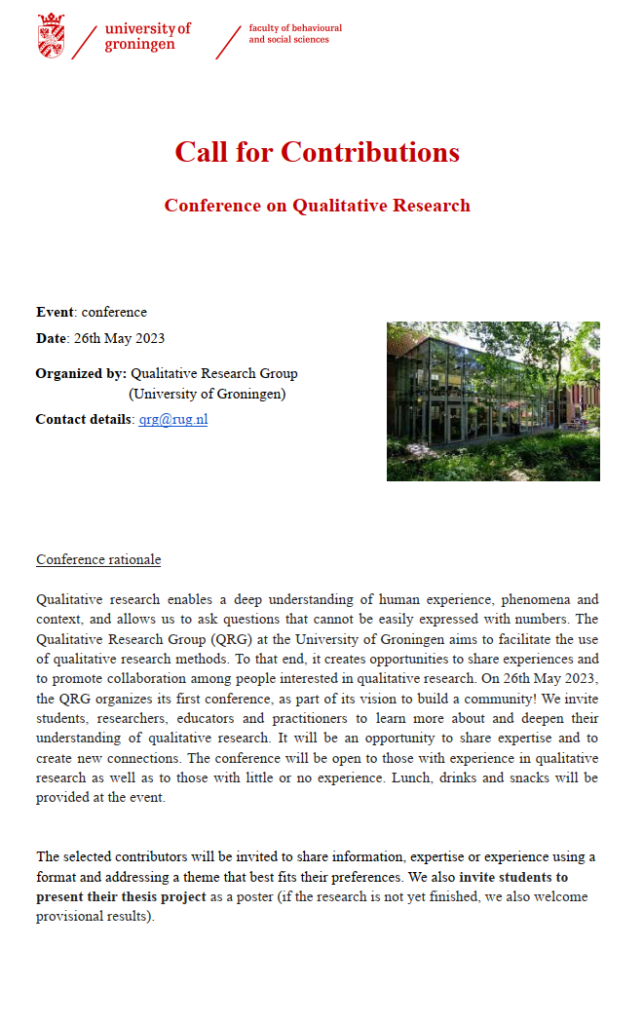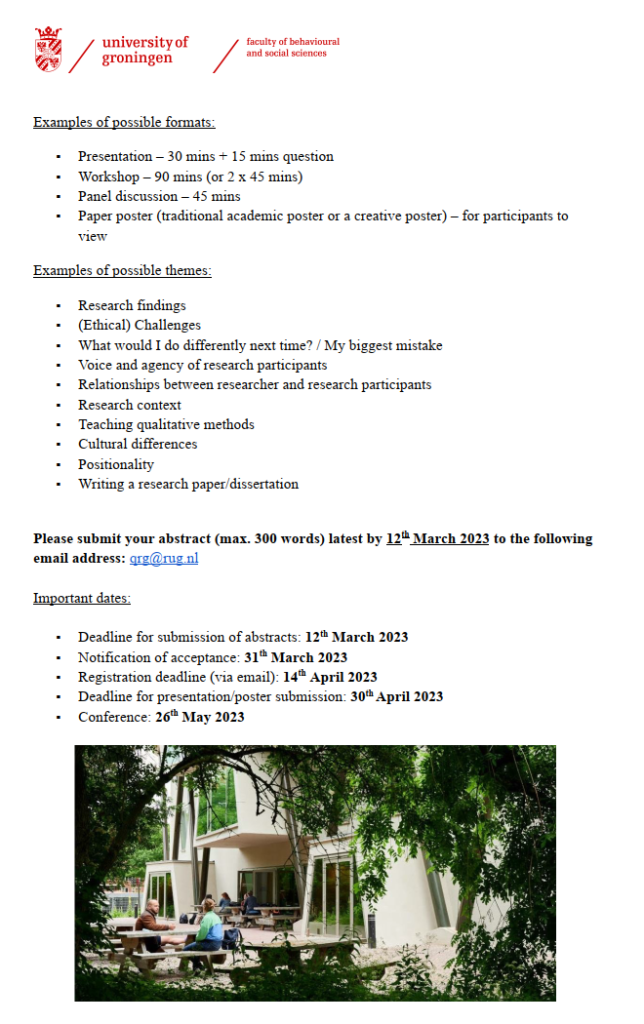We had a very interesting and inspiring session with our guests from Uganda, Robert Jjuuko and Zula Namubiru, who gave a lecture about participatory action research in the Ugandan context. Robert defended his PhD in 2021 at the RUG on Youth transition, agricultural education and employment in Uganda: Freeing Individual Agency. Zula is currently working on her dissertation titled Harnessing Fishers’ Perspectives for Sustainable Conservation of the Natural Fishery Resource on Lake Victoria: A case of Wakiso District Kigungu Fishing ground.
Zula gave a presentation about her research, offering us an insight into the lives and everyday struggles of fishers in Uganda. We were also introduced to the unique challenges of carrying out participatory research in that context. We learned about how the fishers need to navigate between survival and the government’s fishery regulations, and about the patient perseverance of the researchers to build trusting relationships with the fishing community. Zula stressed the necessity of developing trust, especially when researchers want to build knowledge that is informed by the community. In this study, the fishers were considered as co-researchers who took part in the co-design of the methods. Since most of the fishers did never learn how to read and write, visualisation and informal conversations were important methods for this research project.
For Robert and Zula, participatory action research is part of a bigger vision: to bring about social change! Their aim is to encourage people to think about all the possible ways to change their lives for the better and address structural injustices. As one example on how to achieve this, Zula showed a drawing that the fishers created during the research. This drawing helped them to envision and discuss their goals to one day possess their own legal fishing boats and obtain better accommodation. The question we were left with at the end of the session: Does qualitative research, in particular participatory action research, has the potential to change oppressive social structures?
Ildikó Posta


